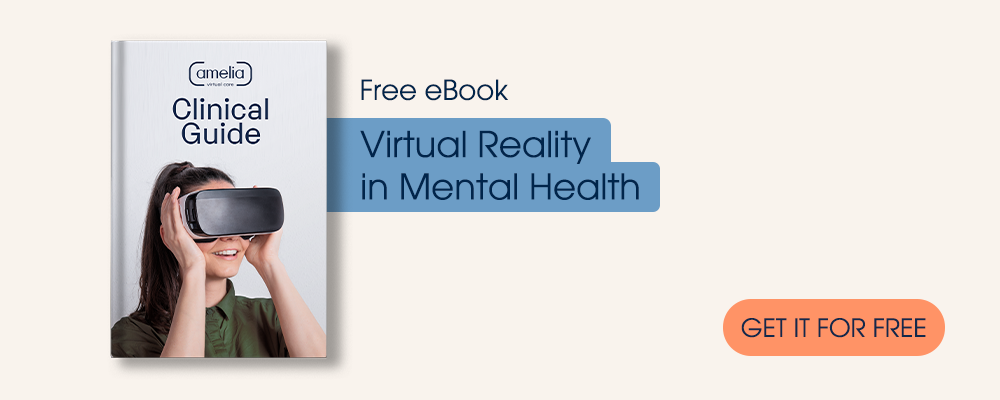In today’s hectic world, people often feel guilty for taking some time to relax and have fun. Many people feel like they should be doing something productive, even during downtime, or that enjoying themselves is a waste of time.
According to recent research, the belief that leisure time is worthless is linked to poorer mental health outcomes, including decreased happiness and depression, anxiety, and stress.
Why being constantly busy is bad for mental health
In today’s culture, people don’t just “hustle.” They have multiple side hustles and are often afraid to slow down for fear of missing the next opportunity that comes along. The problem is that this mindset is often harmful to mental health.
If you’re always on the go, you might not be giving your mental health the attention it needs. When you don’t have time to relax and de-stress, your mind can become overloaded, leading to anxiety, depression, and other mental health issues.
Leisure time can be good for productivity
Our attention span is a limited resource. Multiple studies have shown that to learn something effectively, we need to take breaks. Even a brief amount of downtime allows our brains to consolidate and organize. Leisure time enables us to re-energize, recharge, and even gain a new perspective when we resume our regular activities.
For those who have difficulty implementing leisure time in their routine, experts recommend using breaks and downtime to pursue activities that will benefit long-term goals.
Some examples of ways that people can link a leisure activity to something they want to accomplish are:
- Playing a sport to improve physical fitness
- Listening to music to improve focus while studying
- Cooking a meal to have a creative outlet and improve culinary skills
Whatever you choose, it’s important to find an activity that suits your needs and interests. If you don’t enjoy the activity, you’re less likely to stick with it.
The benefits of being present
The ability to be present in the moment is a skill that can be learned and practiced. Being present has many benefits, including reducing stress, improving communication, and increasing focus.
When we are present, we are not dwelling on the past or worrying about the future. Instead, we’re focused on the here and now. This allows us to be in control of our thoughts and emotions. We can choose how to react to the situation at hand rather than being controlled by our thoughts or emotions.
Being present also allows us to be more aware of our surroundings. As a result, we can pay attention to the people and things around us, which can improve communication and help us build stronger relationships.
Lastly, being present can help us to be more productive. When we focus on the task at hand, we are less likely to be distracted by other thoughts or emotions. This can lead to increased efficiency and improved results.
How to take mental health breaks
One way to take a mental health break is by getting outside for some fresh air. Even if it’s just for a few minutes, being in nature can help you feel more relaxed and clear headed. If possible, try to schedule some outdoor time into your day-to-day routine.
Another way to take a mental health break is by disconnecting from technology. Whether it’s for an hour, a day, or even just a few minutes, disconnecting from your phone, computer, and other devices can help reduce stress and promote relaxation. If you can, try to find some tech-free time each day.
Finally, one of the best ways to take a mental health break is by spending time with loved ones. Whether you’re catching up with a friend, spending time with your family, or simply enjoying some quality time with your pets, being around those you care about can help reduce stress and improve your mood.
However you choose to spend your leisure time, it’s essential to make it a regular habit.












